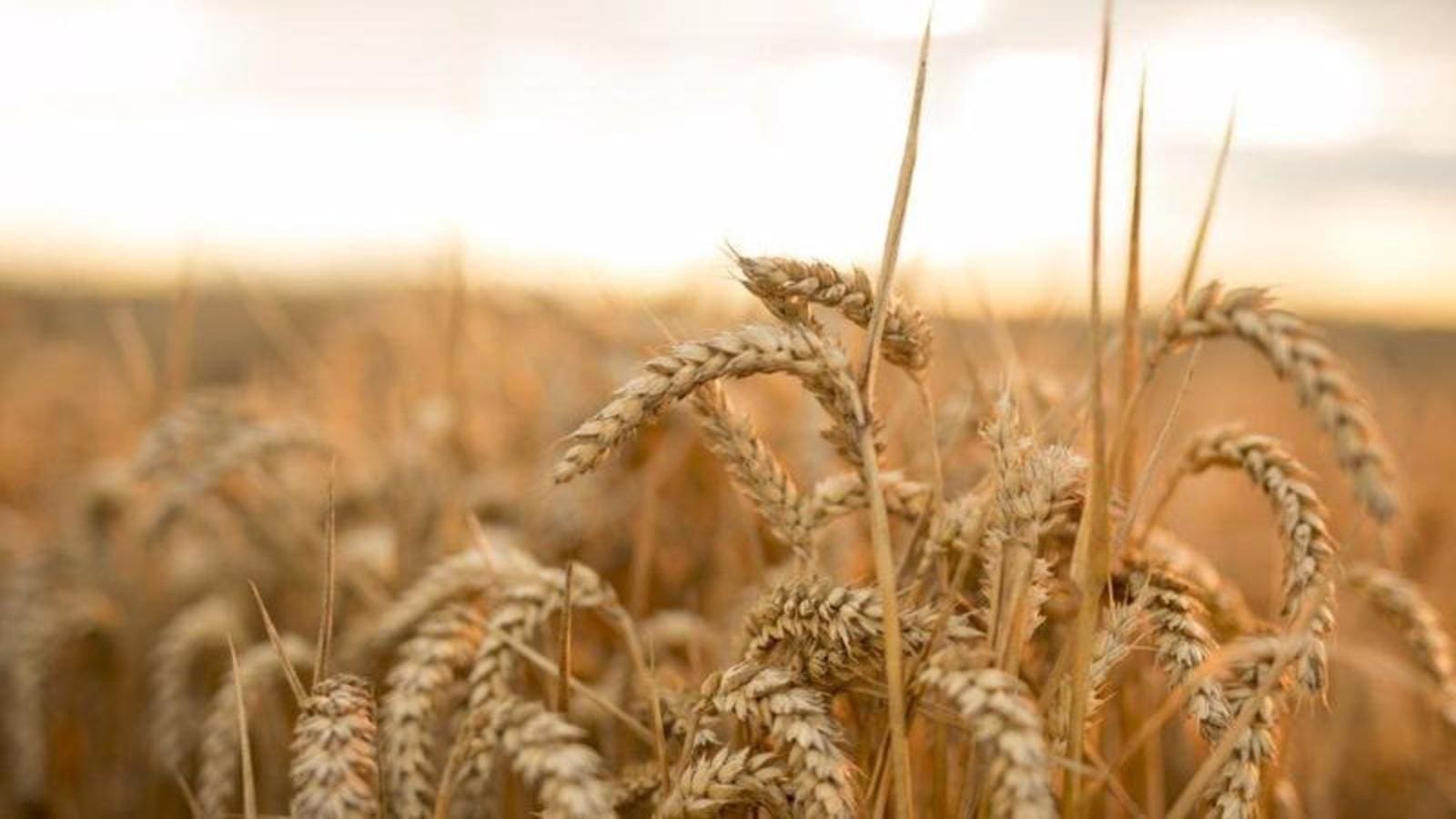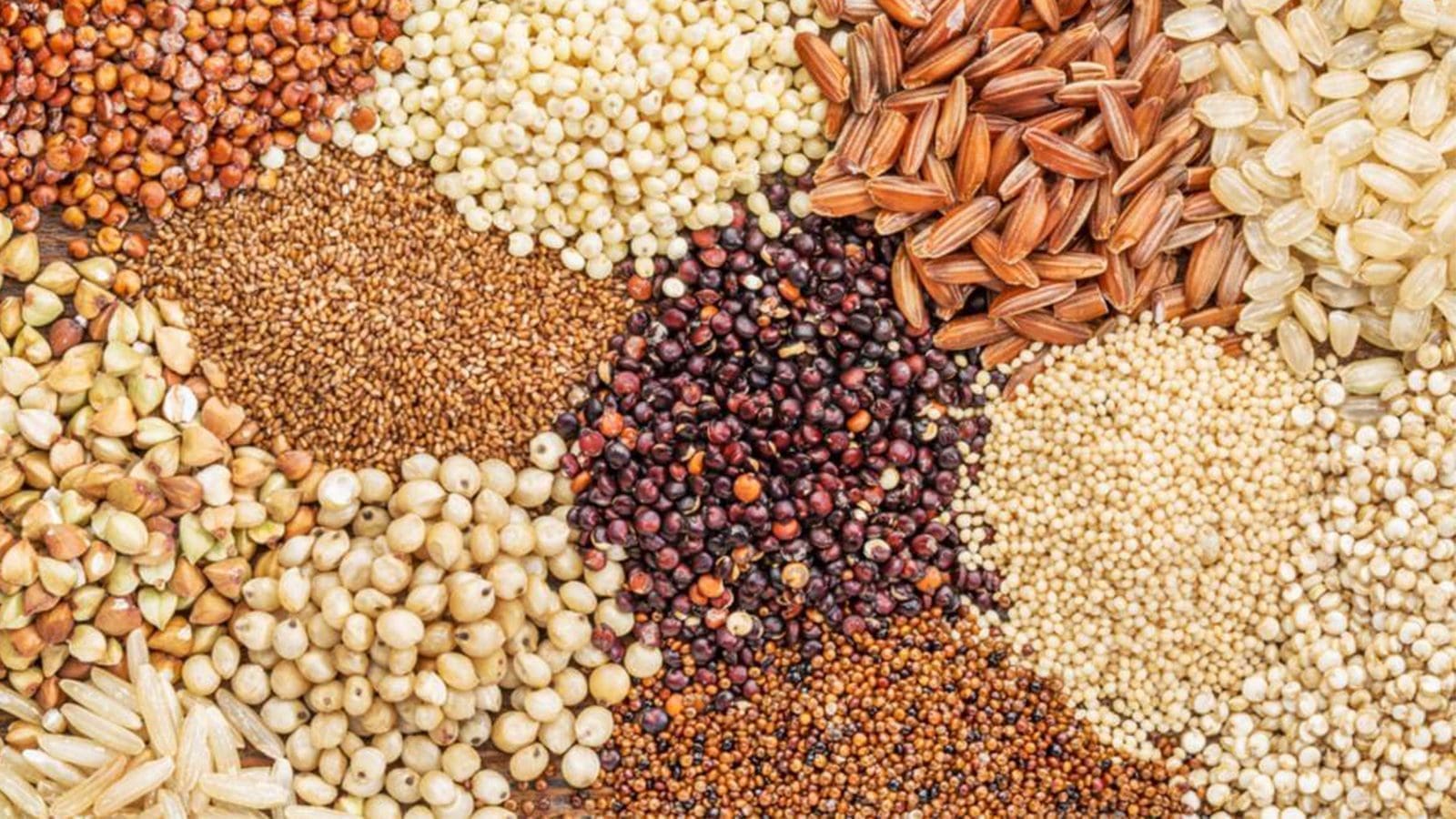BRAZIL – Brazil’s Ministry of Science, Technology and Innovation has given the green light for the importation of genetically modified drought resistant HB4 wheat flour for animal and human consumption.
Following a rigorous review process that included the use of OMICS datasets to support the scientific safety evaluation of HB4 wheat, the Brazilian National Biosafety Commission (CTNBio) unanimously endorsed biosafety conditions for flour obtained from HB4 wheat.
The drought resistant flour was engineered by Bioceres Crop Solutions, a provider of crop productivity solutions.
“Meaningful resources and efforts have backed this significant milestone, which could not have been accomplished without the continued support of Bioceres partner Tropical Melhoramento & Genética, a Brazilian partner who lead the regulatory filings with CTNBio and Florimond Desprez, the co-developer of HB4 Wheat and a Bioceres partner in Trigall Genetics, the trust of our shareholders, and the strong commitment of the teams involved in the entire research, development and regulatory processes,” noted the company.
The comprehensive regulatory process involved the development of state-of-the-art methodologies to address allergenic risk concerns and demonstrate the safety equivalence of HB4 wheat to its conventional counterpart.
In October 2020, Argentina granted approval of HB4 wheat for growth and consumption, making it the first country in the world to do so. The commercialization of HB4 wheat in Argentina was however subject to Brazilian approval, as Brazil is the main export market for Argentinean wheat production.
Brazil is one of the top five wheat-importing nations in the world, according to data from the United States Department of Agriculture’s (USDA’s) Foreign Agricultural Service. Brazil imports about 7 million metric tons of wheat annually, making up about half of the country’s annual consumption. Argentina supplied 77% of Brazil’s wheat imports for the first 11 month of the 2020-21 marketing year, according to AgriPulse. In contrast, the U.S. supplied 5.7%.
Wheat association threatens boycott
Earlier this year, as Brazil continued its deliberations on HB4, Abitrigo, the Brazilian Wheat Industry Association, announced that millers were threatening to boycott buying Argentine wheat if the approval was granted.
“In an internal survey promoted by Abitrigo … it was concluded that the wheat industries in Brazil are against the use of genetically modified wheat and almost all mills are willing to stop their purchases of Argentine wheat, if they start commercial production in that country and its export to Brazil,” the group said in a statement released earlier this year.
Abitrigo also issued a scathing assessment last week after the decision was published by Brazil’s CTNBio. Rubens Barbosa, the association’s President, lamented that despite the strong rejection of the international market in the last 20 years, Brazil will unfortunately become known as the first country to approve the use of transgenic wheat in the world.
“This decision, fraught with uncertainties in the context of developments before the market and the international community, was taken based on criteria that affect safety, without further study of market conditions and consumer behavior … The possible impact on Brazilian exports of by-products (pasta, biscuits and bread) and unpredictable breakdowns on the image of agribusiness cannot be ignored,” he said.
The approval for HB4 wheat in Brazil is a major step towards building climate-resilient agriculture systems that use wheat as a key component for crop rotation, noted Bioceres Crop Solutions. Wheat is a key staple for billions of people around the globe, and a crop that has remained orphan in the sphere of biotechnology despite being planted in 200 million hectares globally.
Liked this article? Subscribe to Food Safety Africa News, our regular email newsletters with the latest news insights from Africa and the World’s food safety, quality and compliance. SUBSCRIBE HERE








